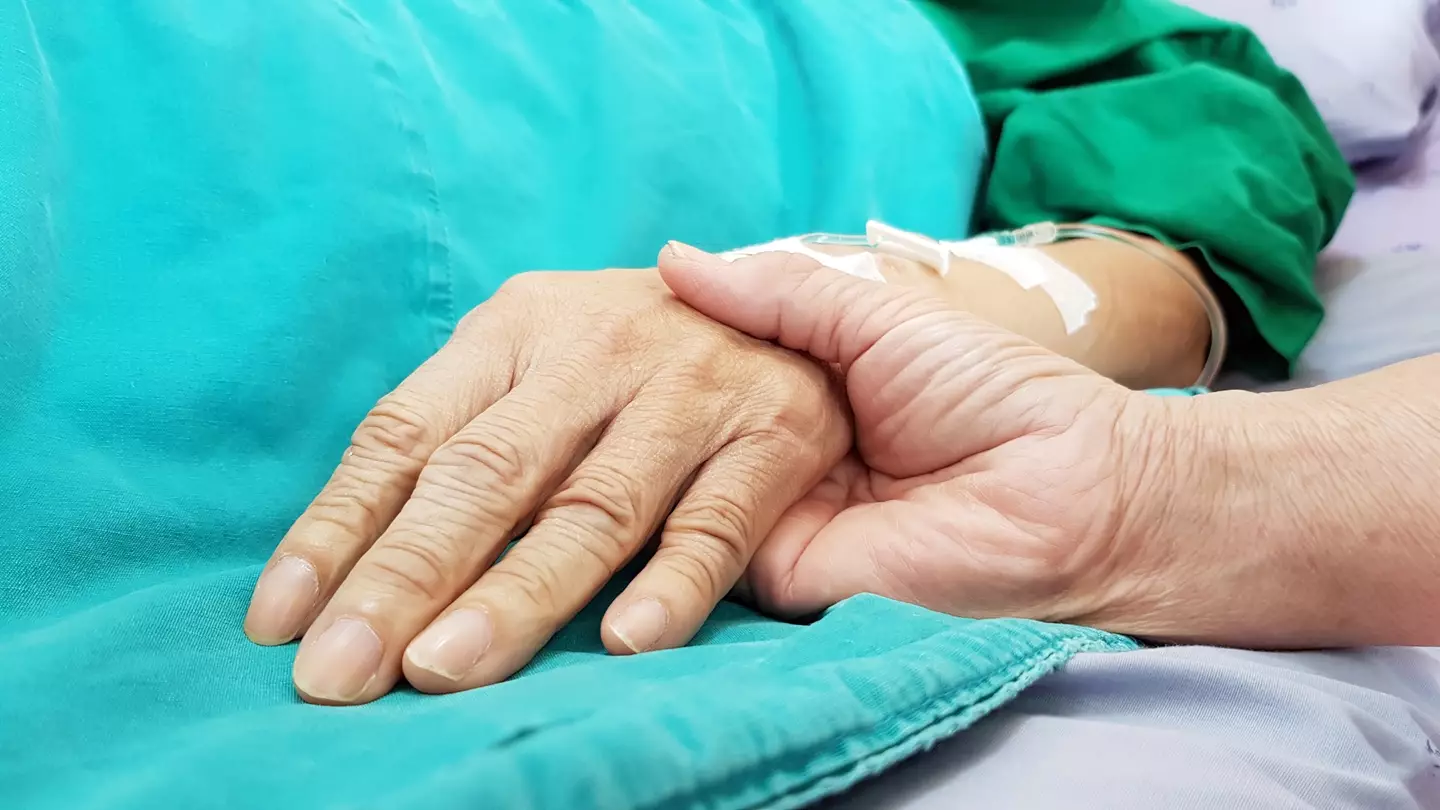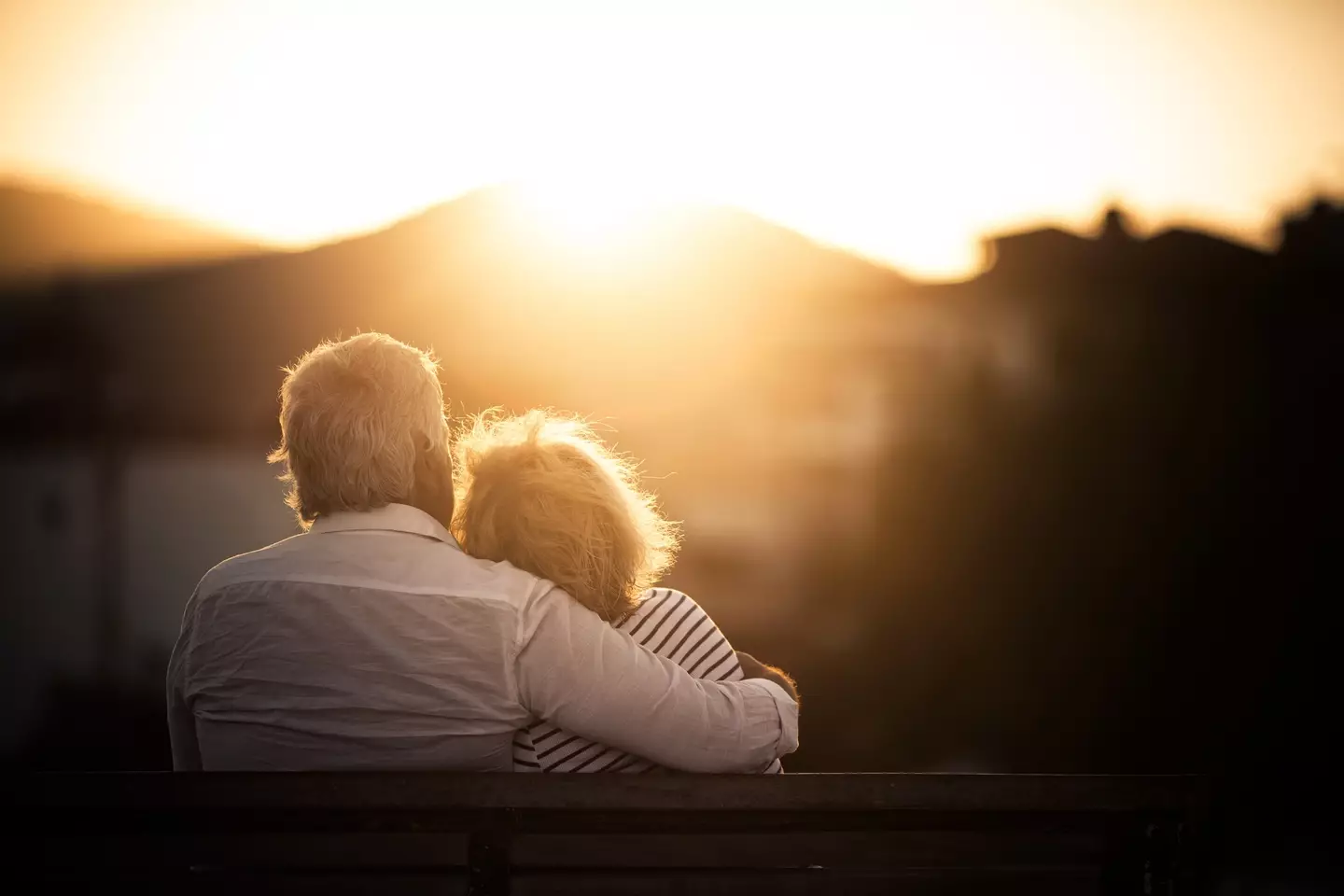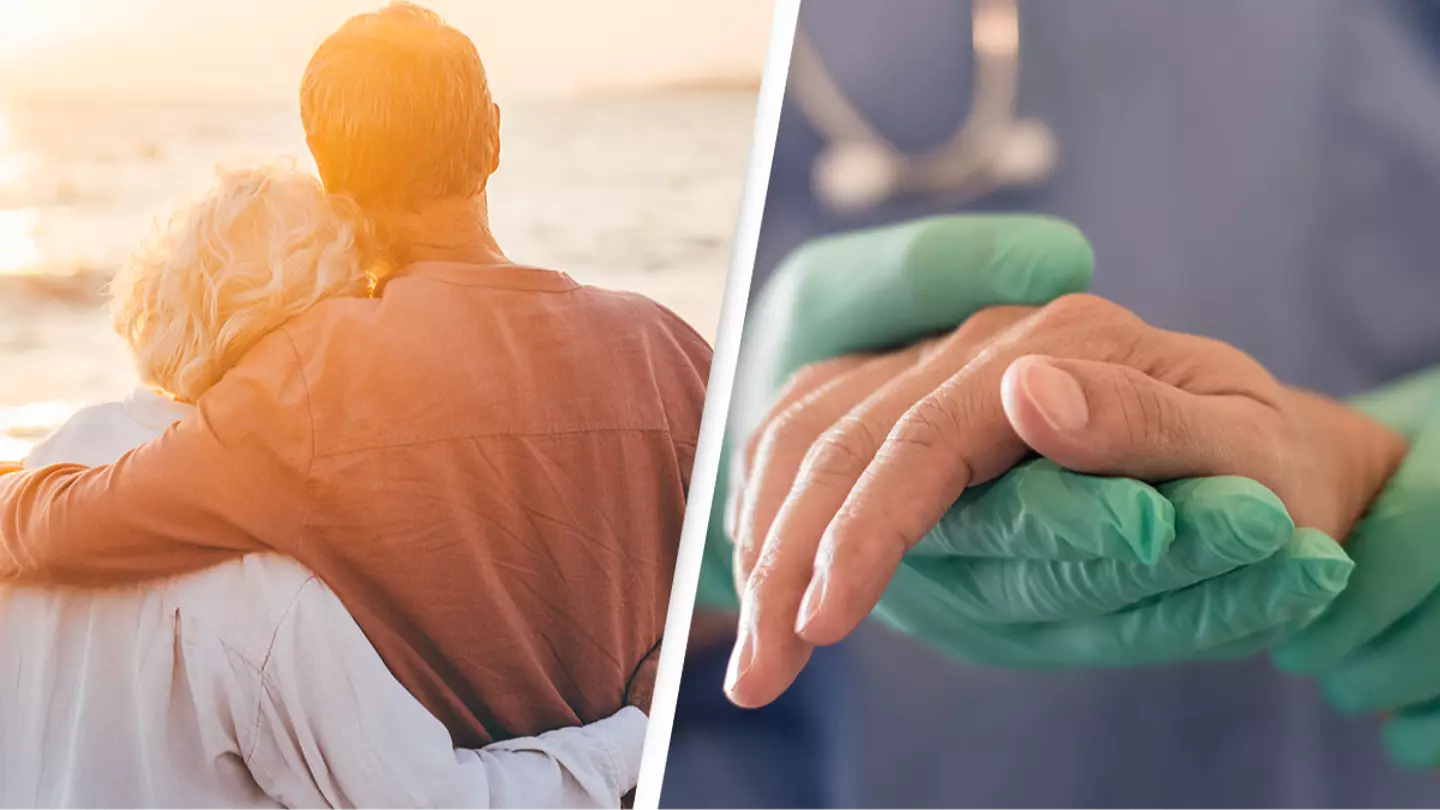Warning: This article contains discussion of suicide which some readers may find distressing.
In a profound testament to their nearly half-century-long marriage, a Dutch couple, Jan and Els, decided to end their lives together through assisted suicide. At the relatively young ages of 70 and 71—considering the average life expectancy in the Netherlands is 80 for men and 83 for women—the couple received lethal injections last month.

The decision was shared by Jan with their only child, who preferred to remain anonymous, thus their full names have not been disclosed. The couple was administered the fatal dose simultaneously by two doctors, a practice known as duo-euthanasia, which, while legal in the Netherlands, is exceedingly rare.
Euthanasia and assisted suicide in the Netherlands are bound by strict criteria under the Dutch Termination of Life on Request and Assisted Suicide (Review Procedures) Act. It stipulates that the patient must view euthanasia as ‘the only escape from the situation.’
Both Jan and Els were battling severe health issues. Jan struggled with chronic back pain, and Els was suffering from dementia, which impaired her ability to formulate sentences.

Speaking to the BBC before their passing, Els indicated her physical health by saying, ‘this is very good’, but then pointing to her head, she added, ‘but this is terrible’.
Their vigorous pasts contrasted sharply with their present conditions. Jan had been an athlete, representing his country in hockey and later working as a sports coach. Els, on the other hand, was a dedicated primary school teacher, helping young children shape their sentences.
Their lives took a significant turn in 2003 when, out of their mutual love for the water, they began working on a cargo ship. This was after Jan’s unsuccessful back surgery, which eventually led him to quit working. He often discussed the possibility of euthanasia with Els, who continued teaching until 2018. After retiring, Els began showing early signs of dementia. Having witnessed her father’s struggle with Alzheimer’s, she was hesitant to get tested.
The couple had been members of NVVE, the Netherlands’ ‘right to die’ organisation. Jan expressed his and Els’ exhaustion with their medical conditions, saying, “If you take a lot of medicine, you live like a zombie. So, with the pain I have, and Els’ illness, I think we have to stop this.” By ‘stop this,’ he referred to ending their lives. He added, “I’ve lived my life, I don’t want pain anymore. The life we’ve lived, we’re getting old. We think it has to be stopped.”
The decision to proceed with assisted suicide at this juncture was also influenced by the fact that Els still had the capacity to make this choice herself—a window that was closing rapidly.
Els concluded, “There is no other solution.”
Jan and Els are part of a small but significant group; last year, 9,068 individuals in the Netherlands chose assisted suicide, with 66 opting for duo-euthanasia—a reflection of 33 pairs deciding to depart life together.
If you or someone you know is struggling or in a mental health crisis, help is available through Mental Health America. Call or text 988 or chat at 988lifeline.org. You can also reach the Crisis Text Line by texting MHA to 741741.

